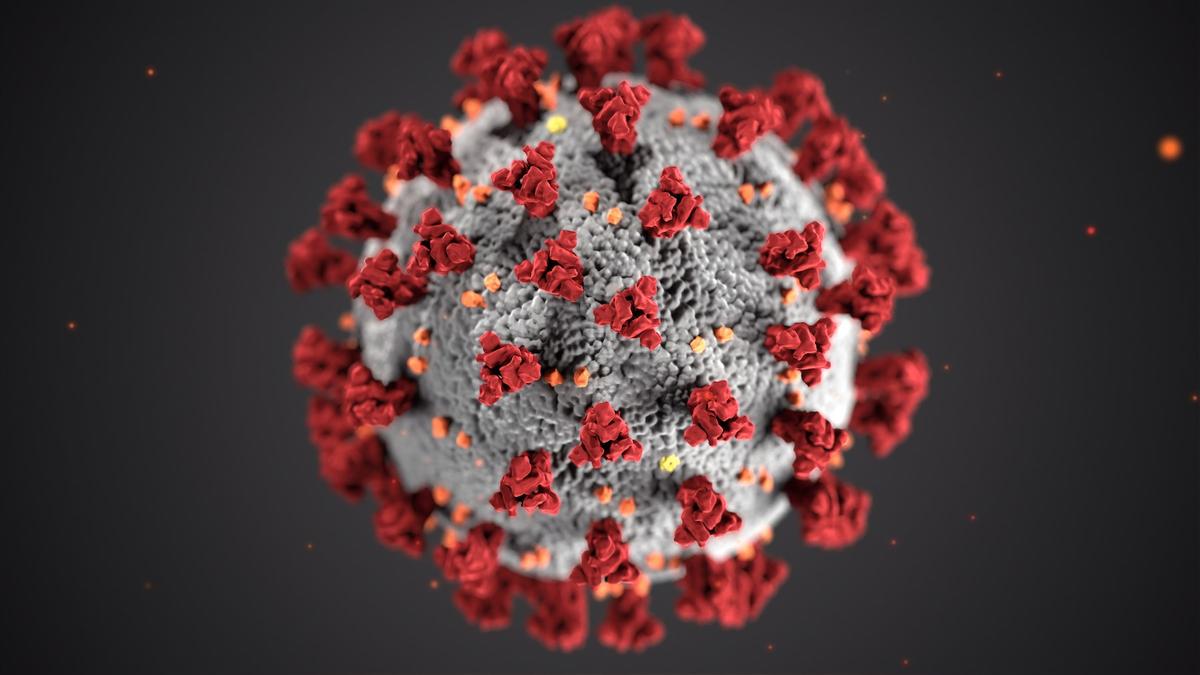I hosted calls yesterday morning for staff and clients with Dr. David Nabarro, World Health Organization Special Envoy for Covid-19. I started the calls with a few points on the communications landscape. The new fear is the Covid-19 effect on the workplace, specifically that employees are afraid of losing their jobs. The best play for corporations is to be candid and clear, as Starbucks CEO Kevin Johnson and Unilever CEO Alan Jope have been. Starbucks is offering a full suite of benefits including service pay and paying all U.S. and Canada retail partners for the next 30 days, even if their store is closed or they are uncomfortable coming to work. Unilever has also promised to protect those within its workforce for up to three months saying that it will cover employees, contractors and others who it manages or who work on their sites, on a full or part-time basis. I also said that it is time for big ideas from companies, to fill the gap in normal life left by the virus and the inability of the public sector to act quickly enough to cope with rising unemployment. Among the best ideas in recent days were HPÔÇÖs donation of 3-D printers to help produce ventilators; MicrosoftÔÇÖs Healthcare bot offered on the CDC website, which enables people to ask questions about their symptoms; Costa Cruise China bringing 5,000 MDs to places of high incidence of Covid-19; and Club MedÔÇÖs repurposing of its talent to design sports fitness at home.
It is incumbent upon CEOs to use their informal contacts and ask leaders to take maximum responsibility now to help minimize the impact. Any leader that doesnÔÇÖt will see catastrophic impact. CEOs must underscore that this is an existential threat to humanity. They must insist people practice social distancing, follow all the guidelines suggested by the WHO and respect and support health workers. The more CEOs speak out and act the better. We need to enable business leaders to carry out the immense job of ensuring that facts are overcoming misinformation. That is why Dr. Nabarro and I will continue to brief our team and our clients weekly for the balance of the crisis. And itÔÇÖs why next Monday we will offer a report about Covid-19 and brands, a survey in 12 countries on what brands should be doing at this difficult time.
Here are the highlights from Dr. NabarroÔÇÖs remarks:
- Epicenter ÔÇö Now squarely in Europe and descending on the U.S., New York City is already in the take-off phase. There seems to be a leveling off in Northern Italy due to intensive effort to interrupt transmission via lockdown. There is explosive growth of the disease in Spain and a part of France, with build-up in Germany, Holland and the UK, which this evening just announced a strict lockdown across the country. The peak for the U.S. will not be reached for another month. There is real risk of explosive spread in developing markets such as India, possibly into Africa, where the health systems are not ready to respond to large numbers of patients.
- Pace of Infection ÔÇö The rate of doubling is every 2.5 days, mathematically putting the rate at 8x per week and 1000x per month. We cannot respond in a linear manner.
- Reinfection ÔÇö A person who has been infected is highly unlikely to be re-infected for a period of time but this is still being looked at.
- Physical Spread of Virus ÔÇö Happens via droplets expelled by cough, sneeze, breathing, talking. The safe distance from an infected person is two meters. The droplet can carry one meter.
- How the Disease Presents ÔÇö If you feel a bit ill for two days, with pain in your limbs, possibly losing sense of smell, then follow with a dramatic fever and shortness of breath, isolate yourself for two weeks. Contact anybody whom you met in the days prior to onset of the fever. The time for full recovery is up to six weeks. You are most contagious in the first few days, when you just feel a bit ill.
- Lockdown/Shutdown ÔÇö Countries are moving straight into lockdown because people are not taking shutdowns seriously (witness the beaches in Florida the past week). He expects a one-month lockdown if local public health services can keep up with the patient load. There should be a gradual easing of the lockdown, not a full ÔÇ£coast is clearÔÇØ because of a risk of a second wave of Covid-19.
- Companies Need to Dive In ÔÇö DonÔÇÖt wait to be asked by the public sector. Solve problems, particularly in guaranteeing access to health, food and energy supplies, enabling education at home.
- Sense of Responsibility for All ÔÇö Use the precautionary principle on visits with friends and relatives. This is especially true for Gen-Z, who appear to be slightly less immune as individuals but potential spreaders of the condition.
- Collaboration ÔÇö Governments must call on the international system to coordinate. This is a threat that transcends borders. The G20 and the UN need to lead, supported by the IMF and the WHO.
- Coordination ÔÇö Government must share and coordinate across agencies within their own bodies. If done effectively, this supports the public health system and therefore means that lockdown will be shorter.
- Recognition ÔÇö We must recognize the efforts of healthcare workers around the world on the frontlines and working non-stop to help treat and contain the virus. Dr. Nabarro suggested giving them priority in supermarkets and even holding special hours of operation where only they could shop.
I am so proud of the people at our company who, in under less than ideal conditions, continue to work tirelessly to present ideas to clients that are in the public interest. It is time to show that business does indeed have the right instincts in a crisis.
Richard ║┌┴¤╔þis CEO.
║┌┴¤╔þis supporting businesses and organizations looking to better understand the Covid-19 pandemic and its public health implications; manage communications with employees and customers; and receive guidance on strategies and policies for effective preparedness and response efforts.
Please complete the below form to speak to Edelman's Covid-19 advisory team:







